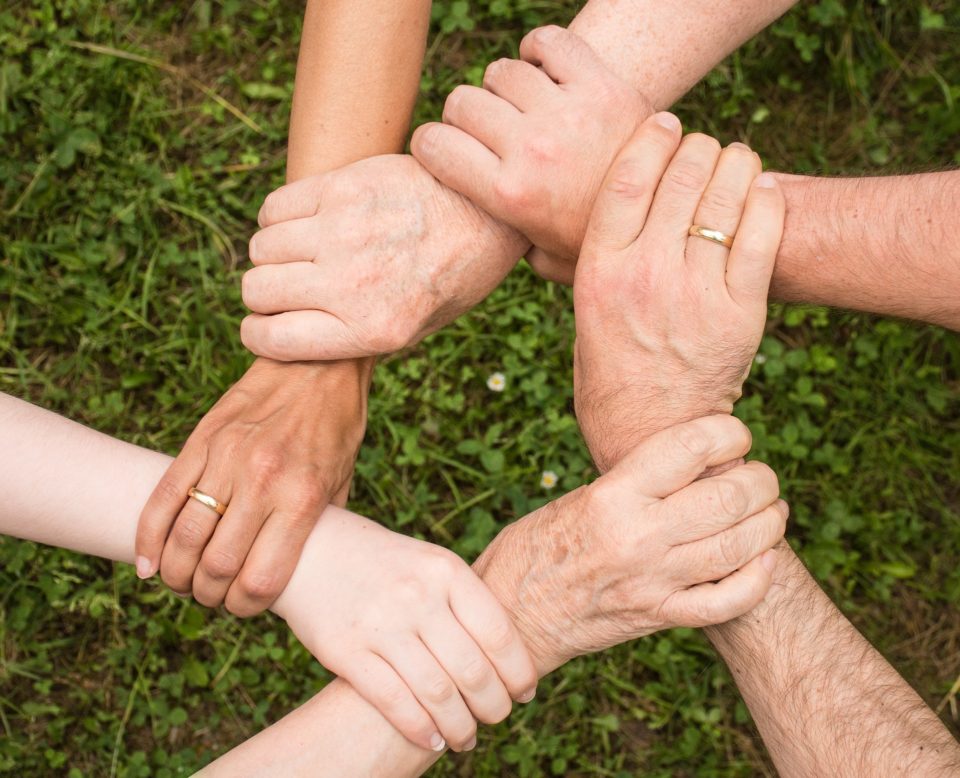
This article first appeared in La Tercera on May 2, 2022.
Trust is more than a value, it is the basis for the development of any society, on which strong democracies are built, with upright institutions that watch over the common good, and where, at the same time, citizens place their faith in them.
When we lose it, institutions are weakened, the rule of law is lost and we fall into a spiral where corruption, insecurity, unethical behavior, and a constant feeling of impunity and suspicion become more and more frequent.
We are currently experiencing a worldwide crisis of institutional trust, where citizens do not believe, feel deceived, and discriminated against, accentuating differences and polarization. And although political and social conflicts have always existed, today we are experiencing a period of exacerbated violence fueled by this crisis. Revolts, social outbursts, migratory crises, racism, autocracies, attacks on freedom of expression, and the press divide the world into black and white, and we have not been able to reach a consensus on the grays.
Several studies have shown how trust has been systematically undermined by various factors. For example, the Edelman Trust Barometer survey, which has been measuring trust in the world for more than 20 years in 28 countries, highlighted in its 2021 edition that distrust has increased due to “infodemia”, the proliferation of fake news, and society’s lack of faith in its leaders.
This 2022, the survey results follow the same line, emphasizing how the lack of faith in the media and governments makes distrust grow, thanks to disinformation and division in pursuit of commercial and political gains. Conversely, according to 77% of respondents, “my employer” is now the most trusted institution, and workers expect CEOs to be the “face of change”. In this context, companies and their leaders will need to take up their role in rebuilding trust as their challenge.
But it will not be an easy task, because we must work to overthrow a pessimistic culture that is ingrained among us. We are no longer driven by convictions, but by what others think, we are afraid to leave the status quo, to innovate, to think “outside the box” (as the cliché goes). Companies, despite being the ones that would represent greater trust, are not daring, and act like ostriches, hiding their heads in the sand, uncomfortable in the face of a society that needs to move forward and not stagnate in power struggles. We need dialogue, to look each other in the face, to meet. It seems that in these almost two years of confinement, we got used to being more alone, increasing distrust.
But we must be careful, because distrust is risky, as Stephen M.R. Covey states in his book “The Speed of Trust”, because when it fades or weakens, everything takes more time. In other words, distrust would be an exponential increase in time, both for processes and costs.
Analyzing this phenomenon in our country, the Bicentennial Survey 2021 of the Catholic University, released last January, shows that institutional trust remains at low levels and, even worse, shows a significant decrease in the expectations of Chileans that the country will achieve development, as well as a significant reduction in the idea of becoming a reconciled country. Likewise, the perception of conflict increased in issues such as government and opposition; workers and businessmen; and Chileans and immigrants.
Working on repairing and strengthening trust seems to be an uphill road, especially in an environment where we see petty fights, the search for our own and short-term gains, the right, the left, approval, rejection, and we are not thinking about the common good. People are tired of pettiness and need concrete signs, otherwise, the vicious circle will continue to deepen.
But neither can we leave aside what each one of us can do in the recovery of confidence and, therefore, in the strengthening of our institutions and democracy. I have met many people who are contributing to increasing trust, but we need to come together and join forces. If we as individuals can look each other in the eye and trust, why is it taking so long for the society around the world?
Some of the actions we must take should be oriented towards facilitating the conversation, ensuring greater transparency, sharing experiences, and assuming our individual and collective roles. The contribution of companies will be fundamental in terms of the certainty they can provide and the trust they can offer to citizens, assuming a clear purpose that tends to strengthen their role in society and get their heads out of the ground.
By. Susana Sierra










